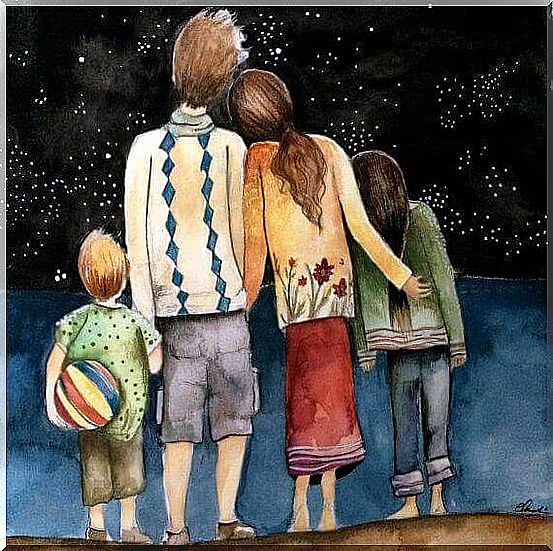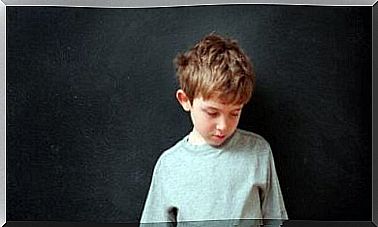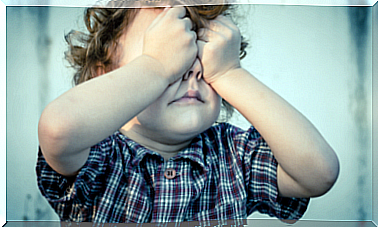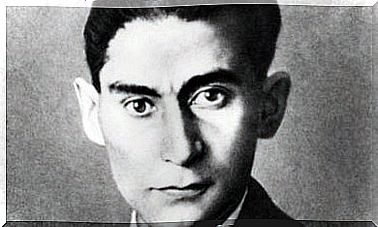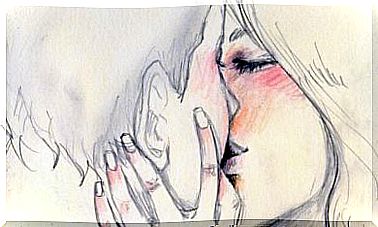It All Started With A Strong Headache: Was It A Stroke?
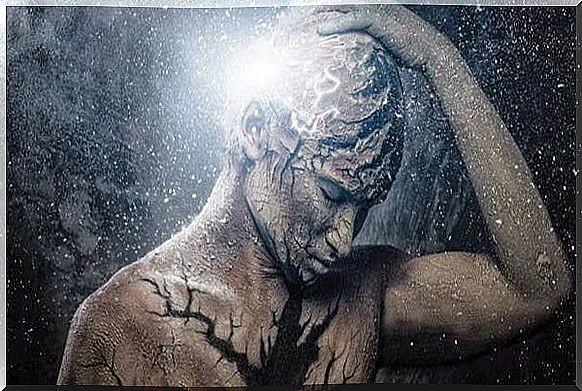
“It all started with a strong headache…” Most patients who survived a stroke describe the onset of symptoms as follows, before they suffered the complete experience of a stroke – the second leading cause of death in the world.
You can survive a stroke, of course, but your quality of life after that will not be the best. It has consequences, and many basic functions such as speech and mobility will be significantly reduced.
Life is not always fair and it does not give us what we deserve, but in our efforts to maintain and benefit from it, we should remember the many factors that can help us avoid a stroke. If there is the slightest chance for us to avoid it then it is worth taking.
Every year, World Stroke Day is celebrated on October 29th. It is, of course, meant for more than just remembering, and its purpose is to shed light on the ailment that requires thousands of lives each year. There are divided families, there are relatives who leave us, and this is the best gesture we can offer them.
It is important to know that this condition, which involves a sudden disturbance of the blood circulation in the brain, can be avoided. However, we can not protect ourselves 100%. Many young people have also died of stroke. But we must do everything in our power to avoid it. And there is no better way than raising awareness – nothing better than information.
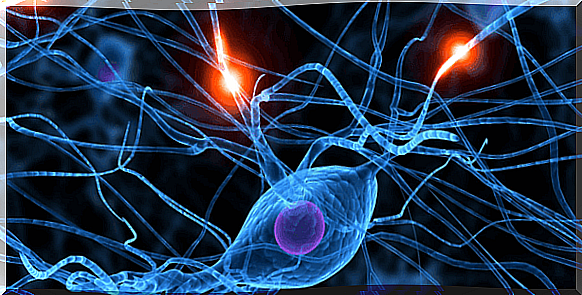
A stroke is a sudden problem with the circulation in the brain. It can be characterized by a ruptured blood vessel in the brain or the decrease in oxygen supply. All this produces an irreversible effect: the brain cells die due to lack of oxygen and nutrients.
A stroke can affect young people, but they are usually seen in the elderly. Among those affected, the proportion of deaths is 30%, and recently the number of strokes has increased in women.
Furthermore, there are two different types of stroke, ischemic and hemorrhagic, where the former is the more common and the second the more dangerous – ie more deadly. We are also sure that you know someone who has been affected and may even have lost their life due to a stroke.
These are painful voids in our lives. At the same time, survival requires that you “readjust” to life, both for the family as well as the patient himself, who managed to survive the trauma – that short time interval when the brain simply… changed. Like a sudden overload, like a spark with tragic consequences.
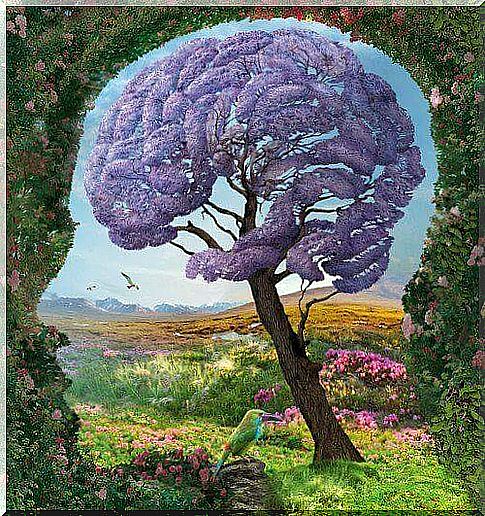
We know that we all live in a world “saturated” with information. Every day, several studies, pieces of information, recommendations and advice on health come to us through social networks, covers of newspapers and TV programs.
It is necessary for us to start prioritizing some information every day. It does not matter how fast the world passes, our obligations, agitation, clouds of anxiety… Stop for a second and listen to your body, your mind, your brain. They require you to take a little better care of yourself.
It actually requires no energy at all, just some time. Stopping and breathing to become aware of yourself is already a big step. You are important to yourself and to others, and it has a price: that you have to take care of your health.
And for this reason, in order to make sense of this day dedicated to stroke prevention, it is worth dedicating a few minutes of your time to the factors that increase the chance of avoiding this ailment.
A few simple steps can make a big difference.
- Do you smoke? Then you should know that there is a very high risk that you will suffer a stroke at some point in life. Set a goal today to quit this bad habit.
- In recent years, the incidence based on gender has changed. In Spain, for example, stroke affects women to a greater extent, especially if they are smokers, suffer from hypertension and have taken oral contraceptives.
- If you have relatives who have suffered a stroke, you should undergo periodic checkups.
- Be alert for hypertension, high cholesterol and diabetes. They are risk factors.
- A sedentary lifestyle as well as obesity should also be avoided.
At the beginning of this article, we talked about a “strong headache”. It is common for patients suffering from stroke to have a medical history of migraine. However, this pain is described as of a different type: more intense and deep.
So remember the following warning signs:
- Paralysis of any part of the body: arm and leg on the same side.
- Problems with pronouncing words and also understanding them.
- Dizziness, instability and lack of coordination.
- And a headache, the worst in our lives…
Note these simple indications and remember to prioritize a little better, for your own sake. For the people who love you. Take care of yourself, because you are the most important thing for yourself. Take care of your health.
